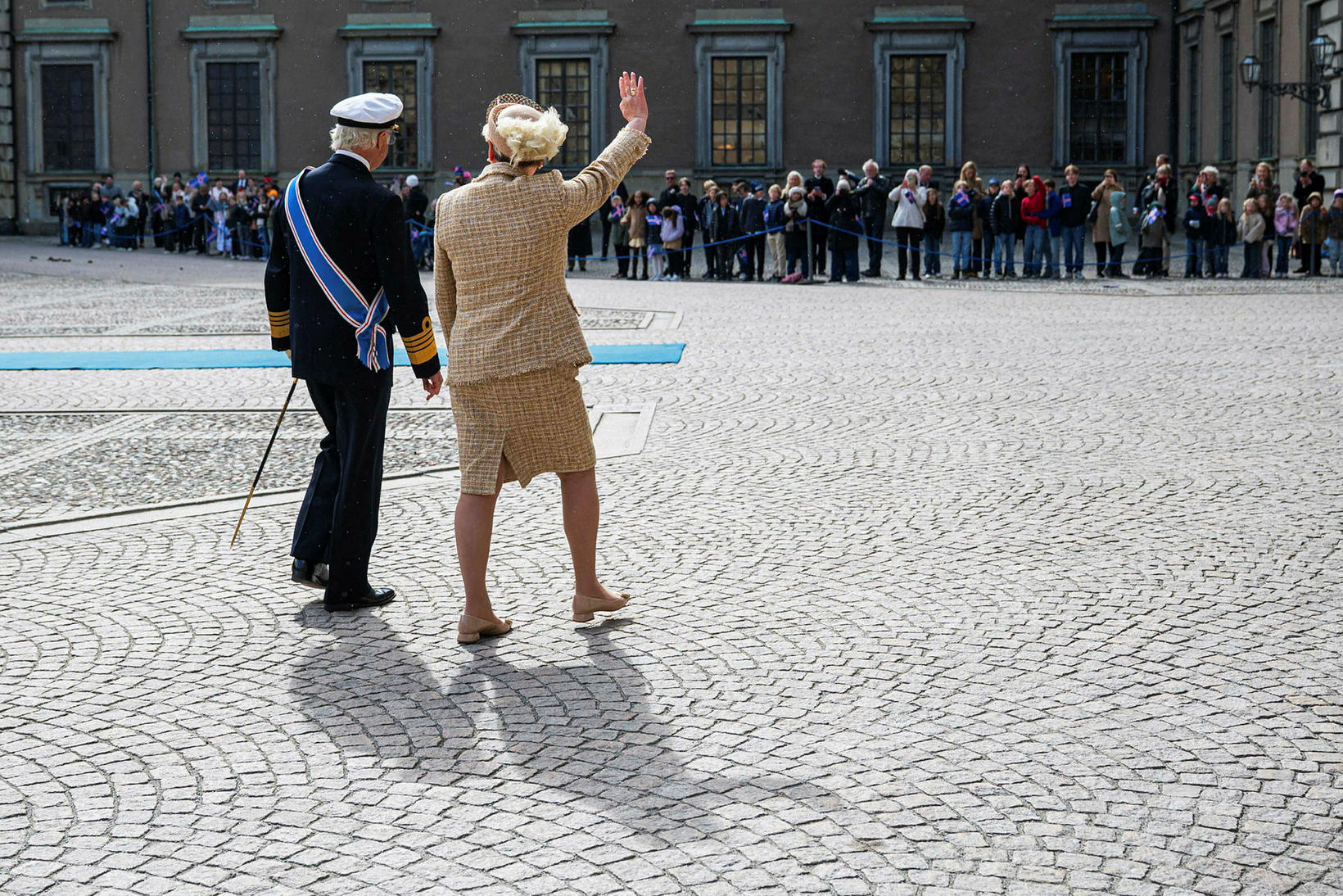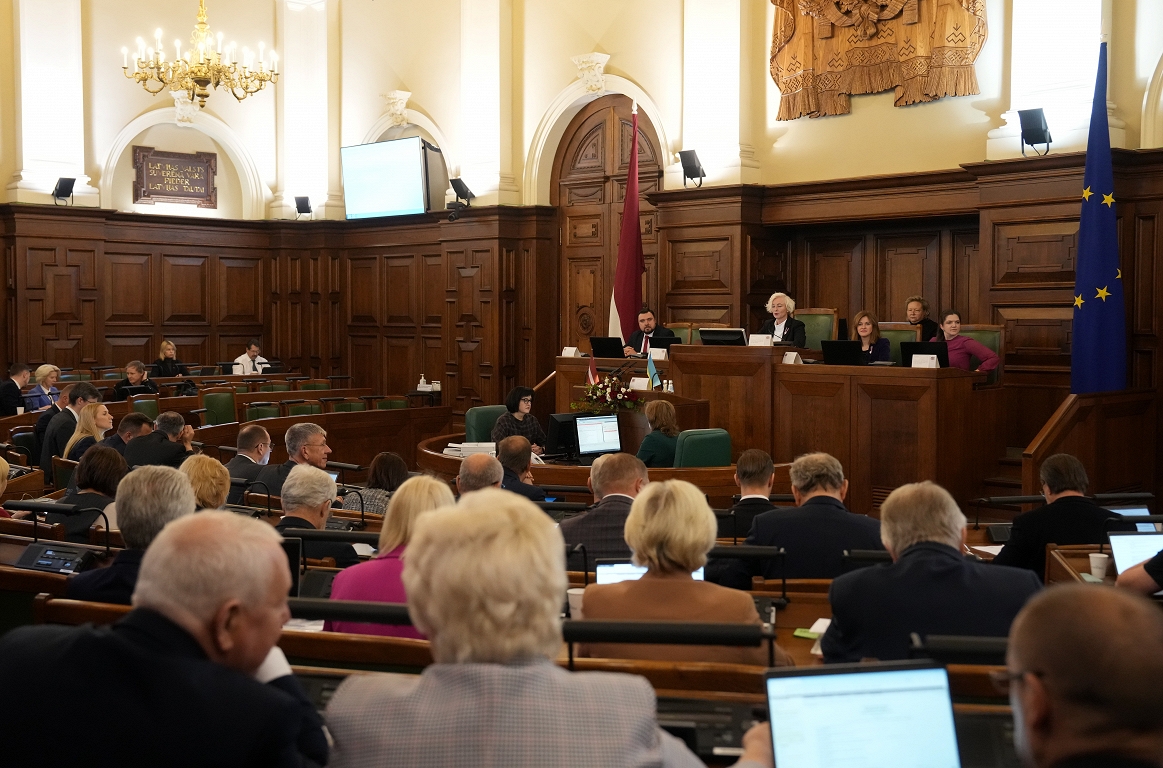Elkann and De Meo: « The fate of the European car is decided in 2025 »

The leaders of Stellantis and Renault ask Europe for an immediate turning point: « A clear, neutral, effective industrial strategy is needed »
Usually on opposite fronts, John Elkann, president of Stellantis, and Luca De Meo, CEO of Renault, have chosen a joint interview to launch a clear warning: without an immediate reverse inversion, the European automotive sector risks an irreversible decline.
«This year, for the first time, China will produce more than Europe and the United States put together. 2025 is a crucial moment. Europe has to choose if it still wants to be a land of automotive industry or a simple market. In five years, it will be too late, « Elkann said to Le Figaro.
The European market, he adds, has been falling for five years and is the only one of those advanced to not recover the pre-covid levels. Annual registrations dropped from 18 to 15 million, while in the United States and China the numbers resumed to climb. De Meo is directed: «The current level of the market is a disaster. There is also a strategic question for states, given that the sector guarantees 400 billion euros per year in tax revenues « .
Small penalized cars
According to the two managers, the main cause of the structural drop is regulatory: « Our cars have become too complex, heavy and dear », explains De Meo. European adjustments are often designed for high -end vehicles, but are also uniformly applied to the small cars. The result is an explosion of production costs.
De Meo brings a concrete example: «Between 2015 and 2030, the cost of a Clio will increase by 40%. 92.5% of this increase is linked to regulatory constraints ». And again: «A 3.80 meter CityCar cannot be treated like a 5.5 sedan. The surplus imposed is the same, but the margin is eroded. It is a physical, non -ideological problem ».
Decarbonization yes but with pragmatism
Elkann and De Meo do not question the environmental objectives, but forcefully criticize the method chosen to achieve them. According to the President of Stellantis, « Decarbonisation can accelerate only by renewing the circulating park, not imposing a single technology. We have 250 million old vehicles in circulation: replacing them with advanced hybrid, electric and thermal solutions would be much more effective ».
De Meo underlines the urgency of a « technological neutrality » and a new method of calculating emissions: « We must go from a logic » tank to Wheel « to an evaluation of the entire life cycle. Today a small hybrid emits less, overall, than a large electric SUV. But the legislation does not recognize it ».
We need a change of governance in Brussels
Both ask for a radical simplification of the European regulatory system. Today, they explain, five different general directions of the Commission take care of cars, often with contradictory strategies. «A quarter of our engineering capacity is absorbed only to respect the legislation. And another 100 new rules await us by 2030 », Elkann denounces.
Among the priority points: review Directive 2035 that prohibits the sale of new internal combustion cars, introduce a « unique guichet » for industrial regulation and grant flexibility for citycars and professional vehicles, such as small electric vans today strongly penalized by the weight of the batteries.
France, Italy and Spain on the front line
« The countries most affected by this crisis are France, Italy and Spain », observes Elkann. «They are the main manufacturers and buyers of compact cars. Together they are worth more than Germany by industrial ability. It is essential that they make the promotion of the automotive a strategic priority ».
De Meo adds: «All the countries that have a car industry are protecting their markets from the United States to China. Only Europe does not do it ». Hence the request for a continental industrial policy, developed jointly by regulators, businesses and scientific world.
The time is over
The appeal is clear: « We do not ask for subsidies, but stable and consistent conditions to innovate and produce accessible, competitive and less polluting cars », say the two leaders. And they conclude: «If Europe does not act immediately, the sector will have to make painful industrial decisions in the next three years. But if there is a strong political choice, the production will also remain in Western Europe. The fate of the European automotive industry is played this year « .






